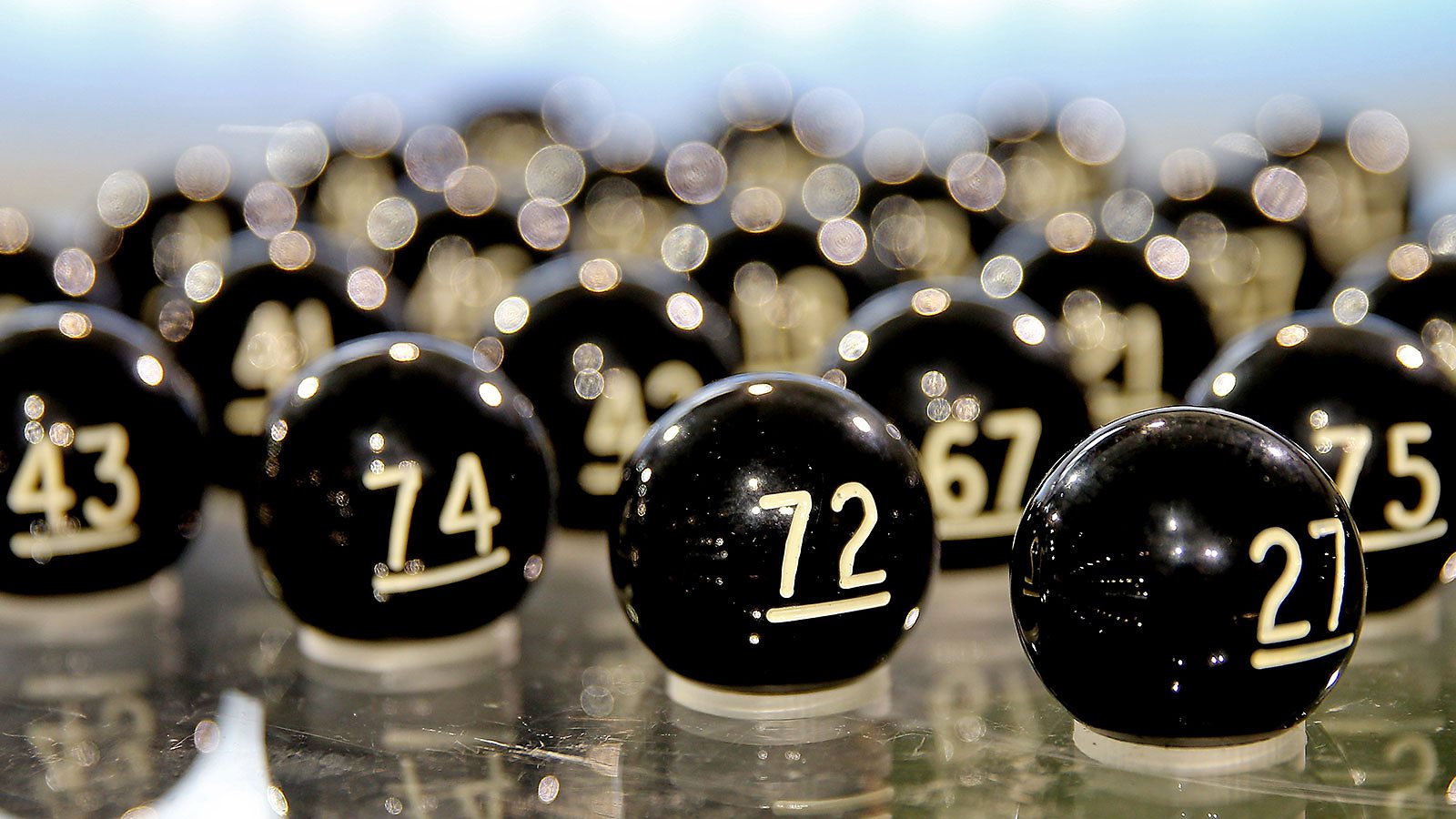When you play lotto games, how often do you expect to win? For one incredibly smart man called Stefan Mandel, he not only expected to win the grand lottery jackpot but knew that he would, thanks to some incredibly clever maths and a whole lot of international trickery.
Because of his genius, he now lives on a tropical island.
Stefan Mandel won $27 million in the Virginia state lottery in 1992. Not by chance, but because he used a winning method (and purchased every lottery ticket combination possible for a certain draw). By doing so, he secured a lifetime on a paradise island, luxury cars and endless possibilities. "I knew that I would win one first prize, six-second prizes, 132 third prizes, and thousands of minor prizes," said a confident Stefan. Yet this was not his first big win and was in fact, the fourteenth lottery win in Stefan's lifetime. With his first win, he used the money to move his family to Australia.
For Stefan, the lottery was "the only way I could get some serious money quickly," and as such, he turned buying lottery tickets into a business venture. He planned for years ahead of time in order to secure the grand lottery jackpot and after enough research came up with a formula that enabled him to purchase the exact set of winning tickets. After the twelfth win, the odds went against Stefan and he had to look elsewhere for his lottery "salary". That's when he hit on the Virginia Lottery.
In the Nineties, the odds of winning the jackpot were much higher and there were just 7.1 million lottery ticket combinations. In total, it was a three-month job. All 7.1 million tickets were printed in Australia and then shipped to the US. Stefan then negotiated with the lottery ticket vendors to receive a fair price on bulk buys of tens of thousands of lottery tickets. When the drawing took place, there was no doubt in Stefan's mind that he would win. And win he did. First prize, second prize, third prize and thousands of minor jackpots.
Today, the odds of winning are extremely high. A business analyst explains why: "It cannot be done anymore. The number of combinations has grown too much, you wouldn't be able to print the tickets, you wouldn't be able to buy them in time and you probably couldn't even do the math right to figure it out without making a mistake." Is this it, have we seen the last lottery maths genius?





